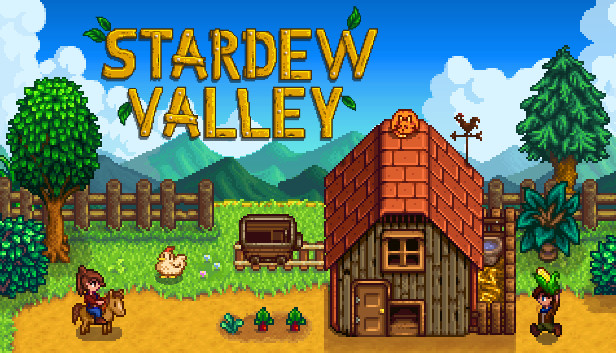David Hesmonalgh & Meta
- Sally Hughes
- Nov 26, 2021
- 2 min read
Facebook has already reached a critical mass as a horizontally integrated company as this powerhouse of a social media site has amassed 78 companies in the past 15 years. Some of these companies include Instagram, WhatsApp and LiveRail. While technologies involving enhanced communication, photo and video sharing, mobile games, and sports analytics are what you would most likely be expecting for Facebook to be interested in there are some other’s that you may not expect. Some of Facebook’s more interesting purchases include an emotion detection app, facial recognition software, and a solar-powered drone maker. In more recent years, Facebook has also had a heavier focus on companies that work with artificial intelligence or virtual reality technology.
Through David Hesmonalgh’s Cultural Industries Theory, we could view this as Facebook simply ‘limiting risk and maximizing profit’ through their extreme use of horizontal integration but have they gone too far with this idea? Hesmonalgh goes on to theorize that ‘the radical potential of the internet has been conditioned to some extent by its partial incorporation into a large profit orientated set of cultural industries.’
This idea of conditioning the internet’s potential is certainly interesting when we acknowledge Facebook’s new ideas for their part in the advancement of technology. Just last month, Facebook announced that it will be rebranding its parent company name to Meta Platforms Inc. Meta hopes to evolve further than the world of two-dimensional social media platforms, instead reaching heights to a new generation of an interactive digital environment. An online digital social space, Meta will be a place where people can meet, work and play collaboratively across a variety of devices. Bridging a gap between VR headsets, mobile devices, and laptops, users can “enter” a virtual environment (through their own personal avatar) which consists of interconnected worlds from apps to games.
It is hoped that Meta can open up new opportunities not just for the world of the internet but also within our own realties. With chances of imaginative and experimental ways of education where students can (literally) immersive themselves in their studies to possibilities of new jobs, social interactions and even chances for further advancements for those with impairments or disabilities to explore activities that may not have been easily accessible to them.
Facebook (Meta) certainly are showing no signs of slowing down in their domination – even now going as far as to seemingly create its own universe. They are definitely creative but are they perhaps inhibiting other companies from not only gaining profits but actually having the chance to explore new advancements for their own work? However, the way they are going, Meta may not even have any competition in the upcoming future if they carry on integrating on such a mass scale.




Comments